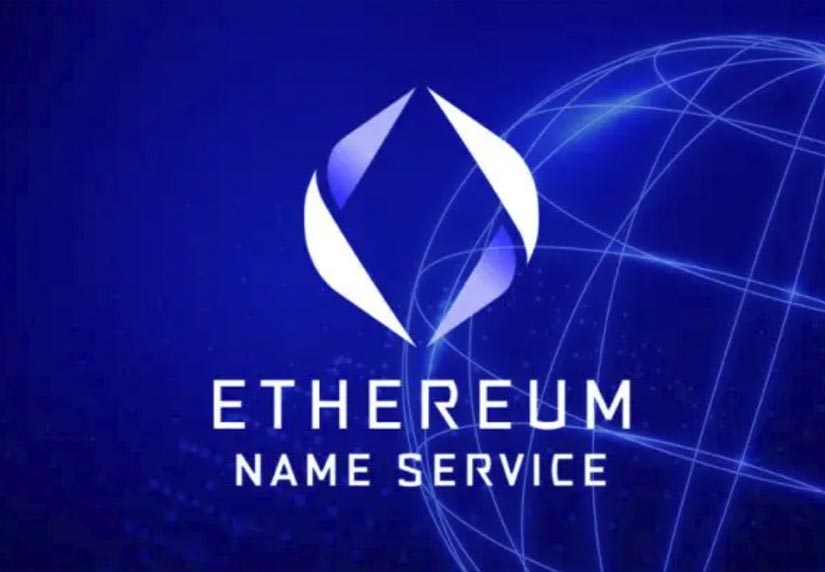TL;DR
- Ethereum Name Service (ENS) challenges the validity of a patent obtained by Unstoppable Domains (UD) before the United States Patent and Trademark Office.
- ENS alleges that UD’s patented technology is developed by ENS Labs and shared as open source.
- The dispute highlights the tension between open source principles and patent protection in the cryptocurrency and domain industry.
Since it was obtained in 2023, the Unstoppable Domains (UD) patent has been a source of dispute in the cryptocurrency community.
Ethereum Name Service (ENS) has stepped forward challenging the validity of this patent before the United States Patent and Trademark Office (USPTO).
ENS Update 🧵: In 2023 Unstoppable Domains (UD) obtained a patent for technology ENS Labs developed as open-source. Today, we petitioned USPTO to challenge the validity of that patent, and to ensure the web remains a collaborative space. Here's why and what’s at stake. pic.twitter.com/Qxls0kkP6G
— ens.eth (@ensdomains) May 2, 2024
ENS contends that the technology for which UD holds a patent is, in fact, an advancement that originated from ENS Labs in the past.
This innovation was deliberately shared openly as open-source software, aligning with ENS commitment to fostering a collaborative environment for the wider community’s advantage.
At the crux of this dispute lies the intricate management and deployment of pivotal technologies crucial for powering the decentralized internet.
Both ENS and UD are integral players in this dynamic landscape, each wielding considerable influence and contributing significantly to the ongoing evolution of this decentralized digital realm.
ENS, known for its domain name services on the Ethereum network, argues that the UD patent jeopardizes the principles of collaboration and openness that are fundamental to the sustainable development of the web3 ecosystem.

Impact on the community and innovation of Ethereum Name Service
The response from the cryptocurrency and technology community has been mixed to this dispute.
While some defend UD’s legitimate right to protect its innovations, others argue that the patent system can hinder innovation and restrict access to technologies essential for the development of the decentralized web.
This confrontation raises important questions about how to balance the protection of intellectual property with the promotion of an environment of collaboration and continued technological advancement.
On the legal front, the dispute between ENS and UD could set important precedents for future patent-related cases in the crypto and online domain space.
The ability of companies to patent basic technologies in this emerging environment conflicts with the principle of equitable access and free exchange of knowledge inherent in the open source philosophy.


